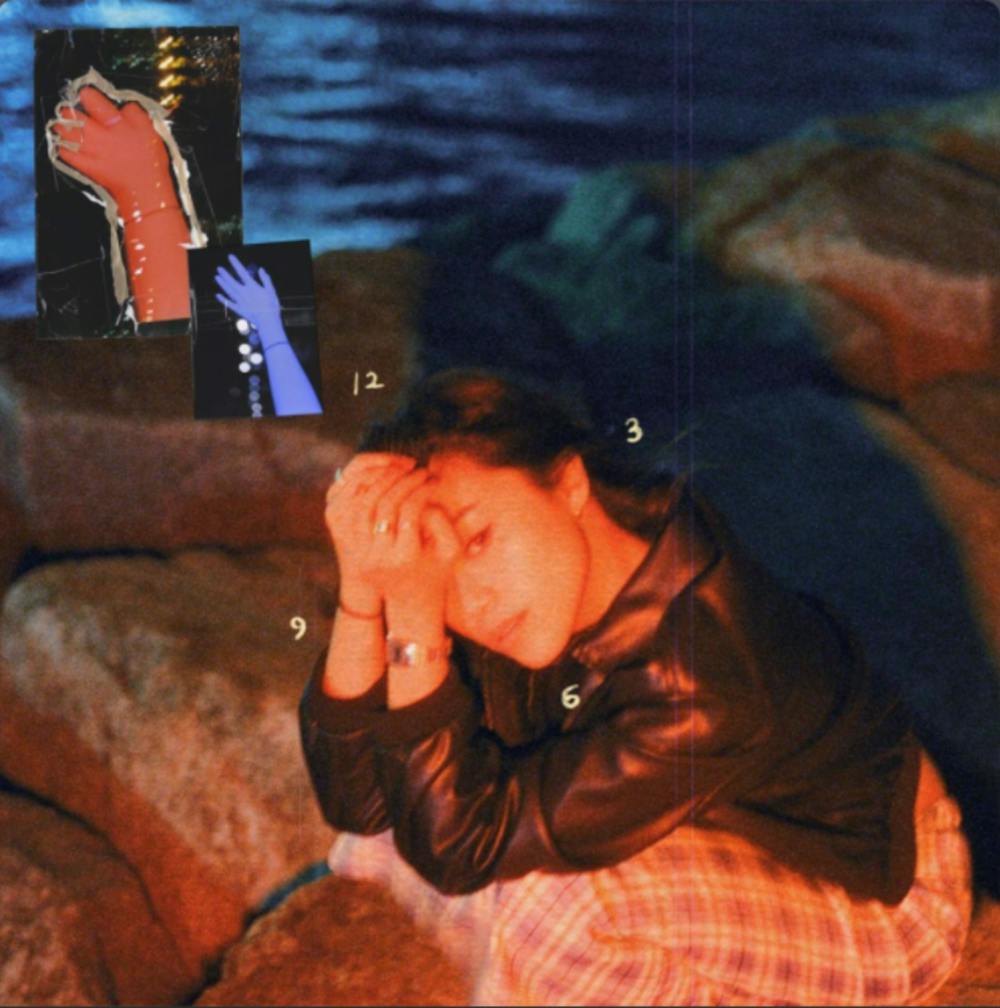By Jayleen Rolon
Staff Writer
Cheryl Chow, also known as cehryl, is a singer-songwriter from Hong Kong who creates lo-fi and R&B music, recording and producing her own tracks. Her EP “Wherever It May Be” was recorded entirely in her bedroom, giving her music an air of authenticity.

Lo-fi is a contemporary music genre that places a lot of focus on instrumentals and beats. The vocals tend to be softer, if existent at all, which is why it’s popular as a genre for studying and relaxing. This creates a direct opposition to traditional pop music, which tends to be loud and distracting. The popularity of Lo-fi has skyrocketed in the past year in particular as remote learning has forced students to create their own learning environments.
In “time machine,” Chow exemplifies the presence of poetic elements in music. One of the ways she does this is her commitment to themes.
The best example of Chow’s thematic consistency in a song is “angels (emily),” a gentle ballad about the desperation of wanting to remedy a situation. As the title suggests, the theme of spirituality is heavy as Chow equates being on good terms with her subject Emily as becoming a supernatural being. Not only does the melody sound similar to a religious song, but the transition from the final chorus to the post chorus is similar to a journey to the afterlife, as the music stops and builds in an airy echo before a complete tonal shift. This transition could also represent the realization that Emily should not be placed on the same pedestal as a religious figure, since the final line of the song is "How can you be so shameless?"
A second example is my personal favorite “outside the party, inside the dream,” which paints a dreamy wonderland with a special someone. The sleepy theme is emphasized by the dream-like harmonies in the instrumental, an advantage of the auditory experience of the EP.
The chorus’ lyrics “Hurry up, we don't have enough / Time befor? the real world interf?res / Over here, closer, dear / Minimize our distance until we disappear” that depict an urgency reflected by the faster paced instrumental that ironically slows down during the chorus also contribute to the theme.
Another poetic element of “time machine” is the amazing storytelling Chow incorporates into her music. The third track “laundry” is a good example of this as Chow tells the story of a summer memory with the acknowledgement that it could and will fade one day. The gentle yet vibrant sound of the song are fitting for the remnants of such a pleasant memory, and is sure to evoke the memory of the listener’s own summer rendezvous. The story is made palpable by imagery in lyrics like “My favourite Saturday I've ever seen / Running below the blackish blue / Why was it still so cold in June?”
The evolution of what can be considered poetry to incorporate a wide range of written art is similar to the rise of newer music genres like Lo-fi, as artistic expression is shaped by culture and current events. Chow’s unique sound could place her into the broad genre of alternative, in the same way that the first free verse poets were ostracized. By incorporating themes and storytelling into her music, Chow reminds the audience that music and poetry are not as different as people tend to think they are.
If you love lo-fi and poetry, “time machine” is perfect for you. For 21 minutes, Chow tackles loss in an aesthetically pleasing yet authentic way, whether that be the loss of a place associated with youth, or a beautiful summer afternoon long gone.







